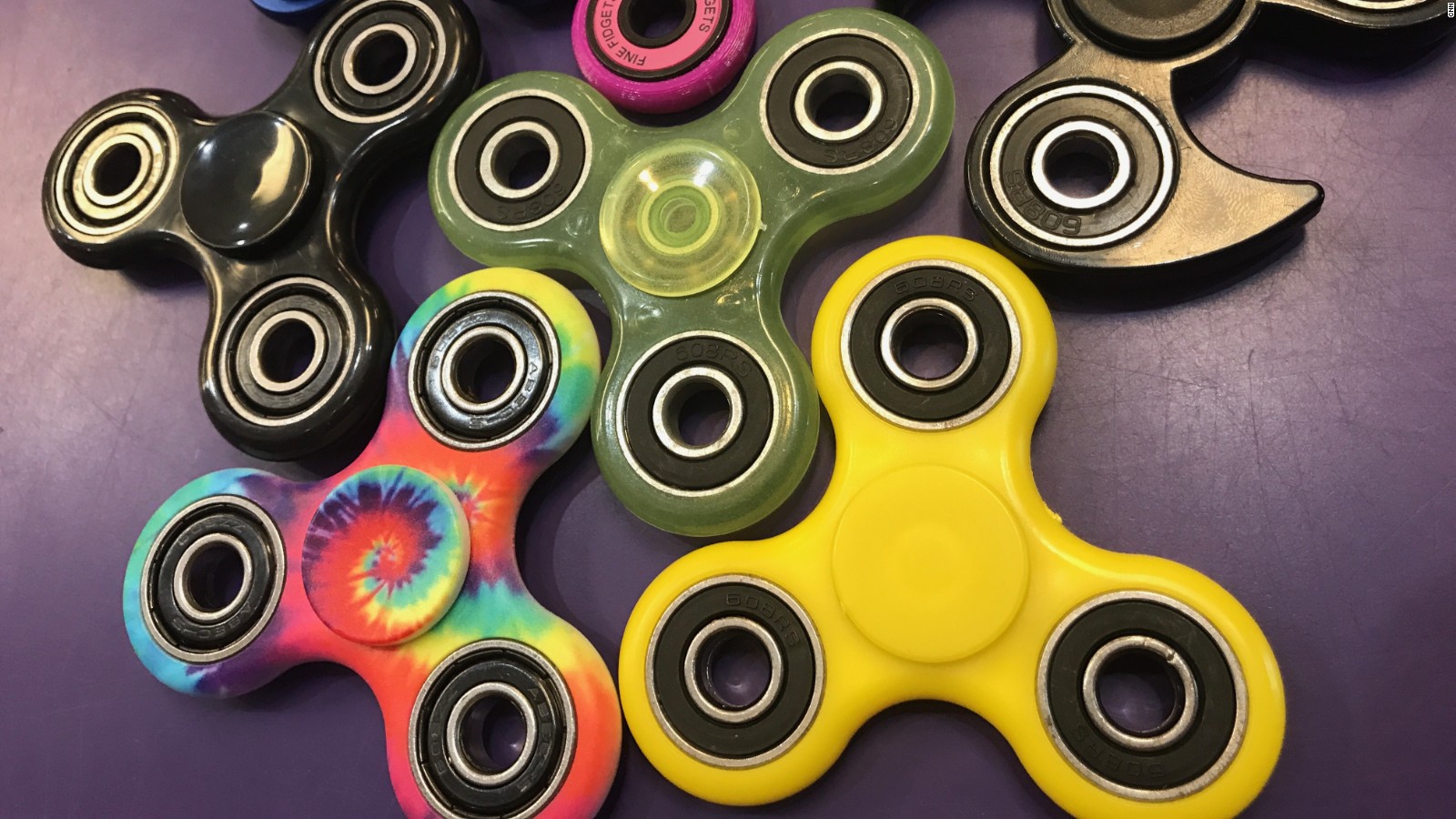Fidget spinners have pretty much taken over the world in the last few weeks, and are officially the hottest toy in town.
Many schools have even banned the gadgets from classrooms, despite the fact that they were invented to help children with conditions such as attention deficit hyperactivity disorder to focus or sit still.
The inventor of the fidget spinner has spoken out about how she has made no money from her devices, but is absolutely "thrilled" with how they've taken off.
Catherine Hettinger , 62, said she came up with the idea of a toy to help children with ADHD or anxiety after seeing kids throw stones at a police officer in the 1980s.

“It started as a way of promoting peace,” she said. Catherine, from the US state of Florida, considered the idea of soft rocks for kids to throw.
However, the real inspiration for fidget spinners came because Catherine was suffering from an autoimmune disorder that resulted in her being unable to pick up normal toys to play with her daughter.
So Catherine created her own, lighter toys, and she realised that her invention was exactly what she needed to help children who struggled to focus. “It was very calming,” she said.

Justine Pryce, from Toys R Us, said: “ Fidget Spinners are a craze that has taken the UK by storm in the last few weeks – they are hugely successful. Stores have reported selling out and we are constantly trying to get them back in stock.”
Shanny Khan, whose shop was one of the first to sell the toys, spoke to the Daily Mirror about the success of the toy: “I put it on our Facebook page and the number of customers messaging us was unbelievable. I couldn’t keep up with the orders.”

laine Taylor-Klaus, of ImpactADHD, spoke about whether or not the toys actually work to help children with difficulties focusing: “Some people have a need for constant stimulation.
“A fidget toy allows some with ADHD to focus their attention on what they want to focus on, because there’s a background motion occupying that need. A doctor won’t prescribe a fidget, but a psychologist could list it among recommendations made at the end of an evaluation.”






